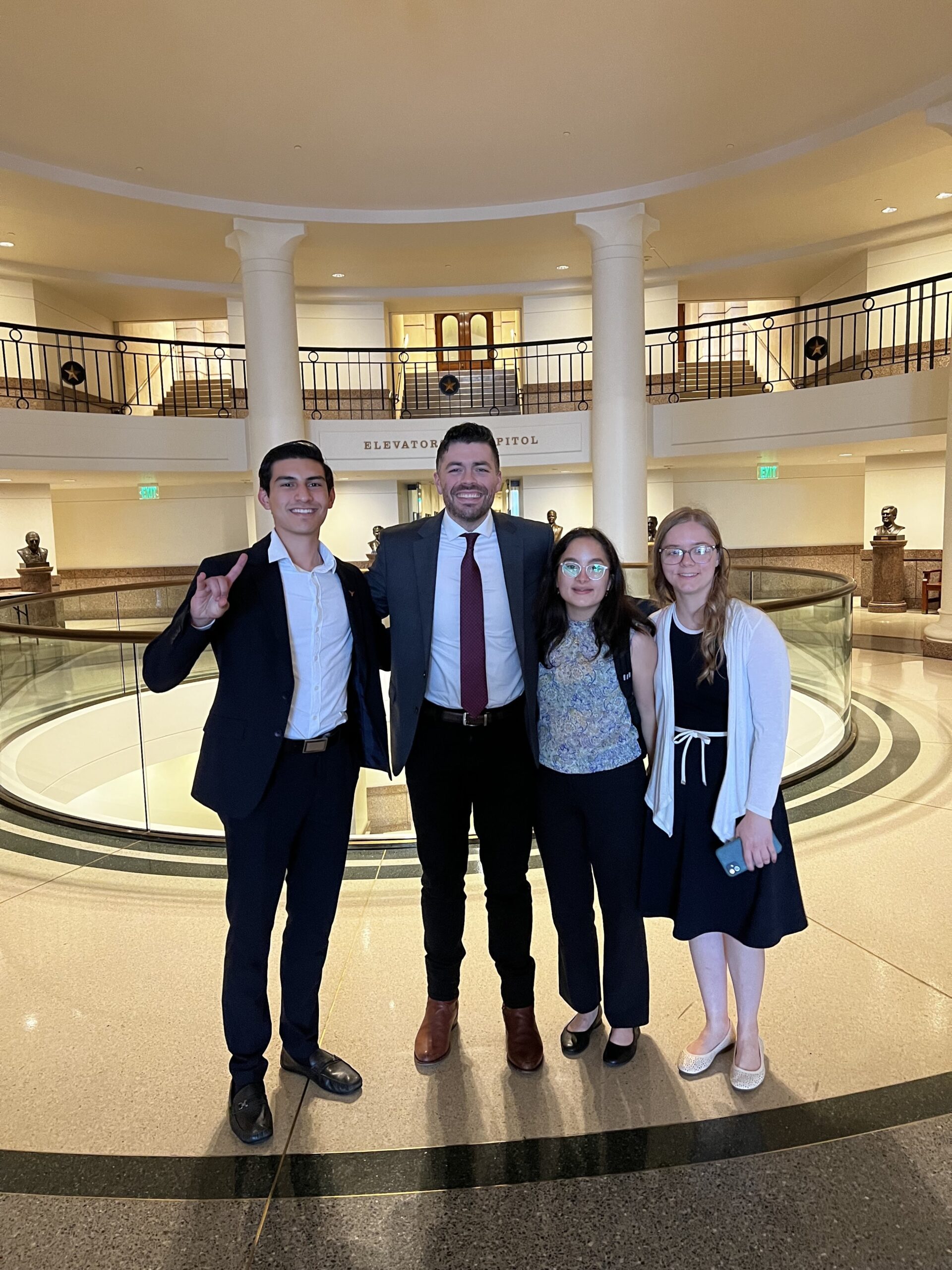Yesterday, the Supreme Court of the United States (SCOTUS) announced that they will hear a case that directly attacks the foundation of Roe v. Wade.
The case, Dobbs v. Jackson Women’s Health Organization, centers on a Mississippi Pro-Life law that prohibits elective abortions at 15 weeks gestational age.
SCOTUS will determine whether this law and other pre-viability prohibitions on elective abortions are unconstitutional or legally valid. Their ruling will decide whether the standards the Court historically uses to evaluate Pro-Life laws are erroneous.
Dobbs has been sitting before SCOTUS for nearly a year, as the application has been distributed and rescheduled for conference some 22 times.
Yesterday’s news set the internet ablaze; Pro-Life leaders are celebrating the prospects while the abortion industry is wallowing in despair.
Abortion opponents and proponents see this case as a potential vehicle to overturn or, at the very least, substantially weaken Roe.
The Dobbs case arose after Mississippi passed the Gestational Age Act in 2018. The law banned almost all elective abortions at 15 weeks gestional age. The abortion industry quickly sued, and a federal district court granted an injunction, halting any enforcement of the law.
The United States Court of Appeals for the Fifth Circuit reluctantly affirmed that decision, prompting the State of Mississippi to appeal to SCOTUS.
Since no other circuit court had addressed a similar law, SCOTUS did not confront a circuit split, which is a common benchmark in deciding whether the Supreme Court will hear a case.
Despite this, even in the absence of a circuit split, SCOTUS granted review yesterday morning. This signals that the Court’s conservative majority may be eager and ready to revisit Roe and subsequent cases.
Since 1973, elective abortion has been considered a legal right throughout the United States. Without input from the democratic process, SCOTUS fabricated that legal right in Roe.
Over the following 48 years, SCOTUS has upheld Roe in numerous cases. The most prominent being Planned Parenthood v. Casey. Casey created the viability dichotomy that hamstrings so many state legislatures today.
Current abortion jurisprudence is founded upon the viability dichotomy. This is the idea that pre-viability abortions are more ethical than those post-viability. The result is that any abortion restriction or regulation pre-viability must overcome a more stringent standard (what SCOTUS calls the undue burden standard).
In some jurisdictions, the undue burden standard has been a nearly insurmountable obstacle to Pro-Life legislation. In others, state legislatures have engaged in guessing games with the highest of stakes.
Of course, the argument that pre-viability abortions are more justifiable than post-viability abortions is preposterous. Viability is a moving target and varies depending on the preborn child’s race, sex, or geographic location.
SCOTUS’s current framework privileges white babies with rich parents in big cities over minority babies with poor parents in underdeveloped areas. This is hardly the progressive utopia pro-abortion activists promised would be ushered by Roe and Casey.
There are many, less vague systems of criteria that states can use to determine whether certain abortions ought to be banned. For example, stopping racist or sexist abortions, banning abortion when a child has the capacity to feel pain, or outlawing torturous and inhumane abortion procedures.
In reality, viability is not a magic portal through which preborn children acquire moral worth. In Dobbs, Mississippi makes precisely this point.
For much of the last decade, the Pro-Life movement has made a mistake by not focusing our laws and legal arguments on the humanity of the preborn child.
The abortion industry has escaped SCOTUS with wins because states have regulated the abortion industry’s practices and standards rather than banning abortions and asking SCOTUS to review their erroneous precedent.
As Chief Justice Roberts noted just last year in June Medical Services v. Russo; “Neither party has asked us to reassess the constitutional validity of [the Casey]standard.”
Dobbs answers Roberts’s implicit call by directly asking SCOTUS to reassess this misguided standard.
Many in the Pro-Life movement are optimistic because the composition of SCOTUS has not been more favorable since Roe’s inception.
Currently, there are six justices appointed by Republicans and three appointed by Democrats. Additionally, this is the first case directly related to abortion for newly minted Justice Amy Comey Barrett.
For this Supreme Court to break customs by hearing a case over a state Pro-Life law without a circuit split and then to rule against the Pro-Life movement would be shocking. But Roe was shocking for many. And so was Casey. So we cannot presume, or declare victory prematurely. But we should have hope—hope that Roe and Casey are not long for this world.
In short, SCOTUS will now hear Mississippi’s ban on abortions at 15 weeks in Dobbs v. Jackson Women’s Health Organization. SCOTUS will specifically assess whether all pre-viability abortion prohibitions violate the Constitution.
The Court will review the viability dichotomy and undue burden standard as articulated in Casey. A wholesale reversal of Roe is not out of the question. We can expect oral arguments perhaps as early as the fall and the decision to follow several months later.
Roe is both a tragedy and an atrocity, made worse because the ruling was decided by a human institution originally established to uphold justice for all.
Perhaps, SCOTUS is finally ready to remedy the past injustices against the most vulnerable and innocent among us. The Pro-Life movement and preborn children still have months before we find out, but yesterday was a promising start.


